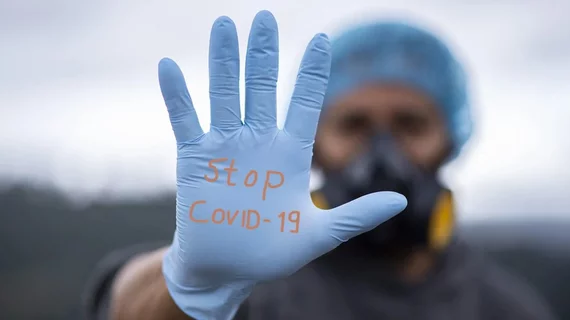Google and Harvard team up against COVID
Pandemic forecasting models aren’t hard to find of late, but a new one combines epidemiological expertise from a top-three medical school with AI knowhow from one of big tech’s biggest.
Google Cloud announced its linkup with Harvard’s Global Health Institute Aug. 3, saying the duo would offer free, AI-powered COVID forecasting over the next 14 days to public health officials, frontline healthcare workers and others engaged in the battle.
The system’s algorithms have been trained on public data available from various sources, including Johns Hopkins, the U.S. Census Bureau and Descartes Lab, according to Google.
The model predicts outbreak ebbs and flows on a county-by-county basis such that hospitals, for example, can use it to help make plans for PPE, staffing and scheduling.
Meanwhile state and county health departments can consider its scenarios when strategizing on COVID testing and resource allocations.
Providing accurate, timely predictions of cases, infections, hospitalizations and deaths to both policy makers and the general public “will enhance our ability to understand and respond to the rapidly evolving COVID-19 pandemic,” Thomas Tsai, MD, MPH, of Harvard’s T.H. Chan School of Public Health says in the announcement.

